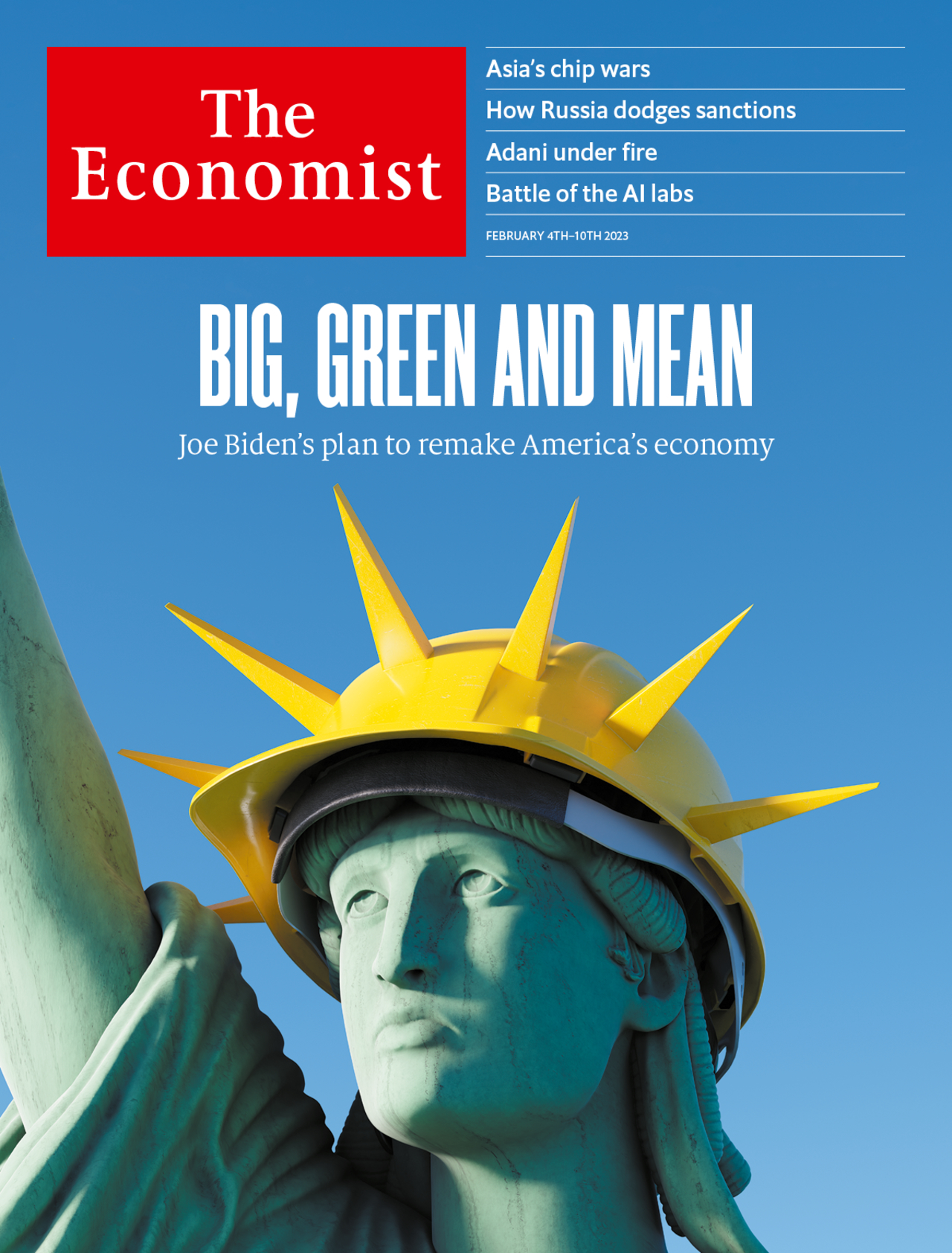Britain’s newest islets are made of wet wipes
They clog sewers, leach microplastics and change the course of rivers

The British Isles is acquiring some new additions. These nascent islets are not made of granite or limestone, but of agglomerations of wet wipes and mud. The largest is a metre deep, spans the width of two tennis courts and sits at a bend in the Thames by Hammersmith Bridge in London. It was measured last summer by volunteers from Thames21, a charity, which has been tracing the formation of such monstrosities for seven years. It reckons that there are at least nine wet-wipe islets in the Thames, and that smaller ones may be forming in the bends of other rivers.
This article appeared in the Britain section of the print edition under the headline “Wipe out”
Britain
February 4th 2023- For Britain to grow faster it needs better managers
- The BBC World Service shuts several foreign-language radio services
- The BBC assesses its coverage of the dismal science
- The murder of a king makes for a most jolly day out
- Where should trans prisoners serve their sentences?
- Britain’s newest islets are made of wet wipes
- Meet Ms Heeves, the face of Britain’s new political consensus

From the February 4th 2023 edition
Discover stories from this section and more in the list of contents
Explore the edition
Keir Starmer and Emmanuel Macron are forging a tight link
As Donald Trump threatens to leave Europe on its own

Britain’s government may be about to waste its best chance of success
A bill to unblock house building and boost growth looks far too timid
Paying teenagers to go to school was a bad idea
At least in Britain
Anybody in Britain can call themselves a therapist
That opens the door to abuse
Britain’s capital markets are waging a war on paper
Calls are growing to modernise the country’s shareholding system









